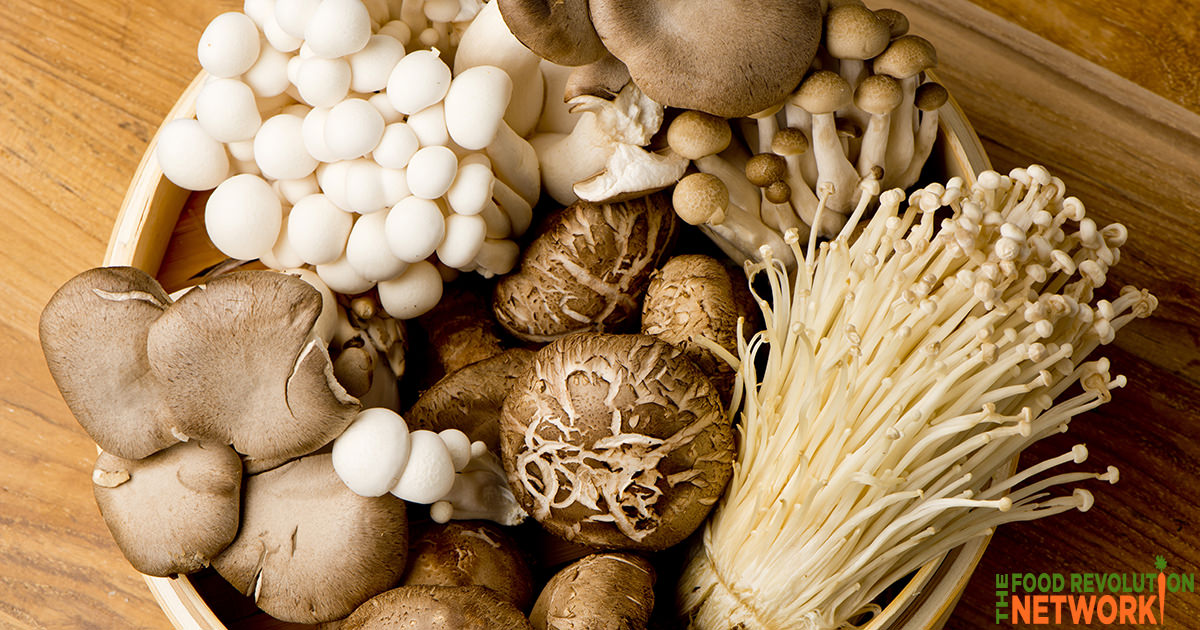4 Surprising Benefits of GMOs You Probably didn't Know
(NC) It's been 20 years since farmers first started growing genetically modified crops, and the positive impacts on consumers, farmers, the environment and global economies are undeniable. Here are four ways GMOs are leading to healthier lives and more sustainable agricultural production processes.
1. More nutritious, accessible food: Growing GMO crops helps farmers increase crop yields by 22 per cent, growing 158 million more tons of soybeans and 274 million more tons of corn annually around the world. The next generation of biotech crops will have more direct human benefits, such as a new variety of rice that will prevent blindness in 500,000 children in the developing world, and a drought-tolerant maize that will keep 300 million Africans from starving during drought.
2. Helping farmers make a better living: In the last two decades, GMO crops have increased income for farmers by almost 70 per cent, contributing $133.5 billion U.S. to global farm incomes. Eighteen million farmers are growing these crops on 181.5 million hectares, and 90 per cent of them are smallholder farmers. GMO crops have helped 65 million people — including 16.5 million smallholder farmers and their families — escape poverty.
3. Making farming more sustainable: GMO crops have let farmers reduce their pesticide use by almost 40 per cent in the last 20 years — a reduction of 500 million kilograms– that's the equivalent of nine giant cruise ships. Similarly, they've reduced their carbon dioxide emissions by 28 billion kilograms, which is like taking all the cars in London, England off the road for five years. They're also using less water. In Brazil, for example, farmers have reduced their agricultural water use by 16 billion litres.
4. Supporting healthy economies: GMO crops are grown in 28 countries, including eight industrial and 20 developing nations. India is now the second largest cotton producer in the world, while GMO crops have added 1.82 million new jobs to the Argentinian economy.
Comments
There are 0 comments on this post













